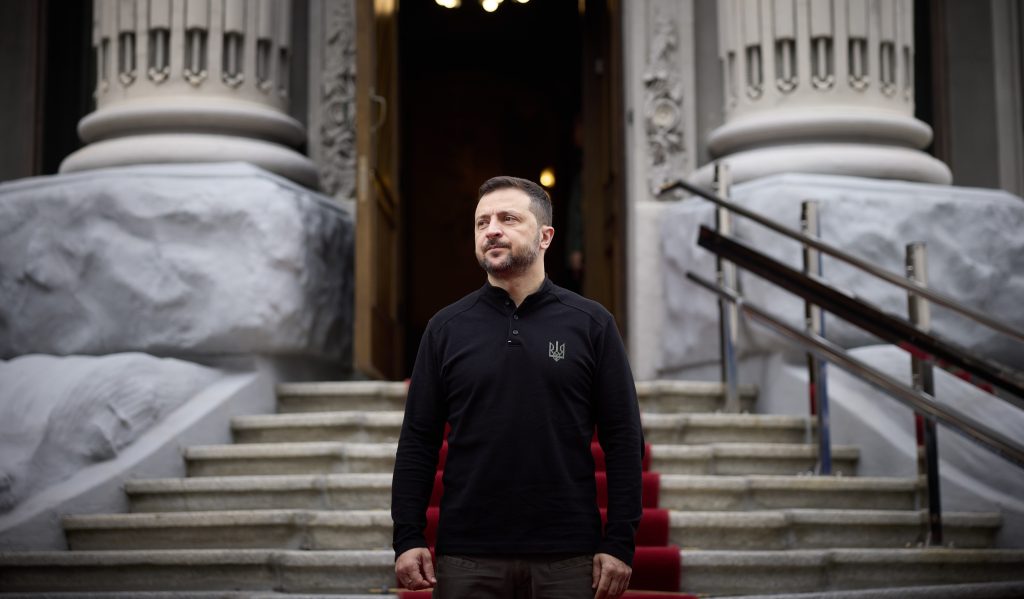Polish Deputy Prime Minister has publicly criticized Ukrainian President Volodymyr Zelensky.
Others are reading now
Polish Deputy Prime Minister Krzysztof Gawkowski has sharply criticized Ukrainian President Volodymyr Zelensky, claiming that Zelensky wants to “drag Poland into war” with Russia.
Gawkowski expressed frustration over Zelensky’s recent calls for Poland to intercept Russian missiles over Ukrainian territory, urging the Ukrainian leader to stop “pestering” Poland for more support.
Tensions between the two countries flared after Zelensky’s comments last week, where he questioned why Poland had not yet delivered promised MiG-29 fighter jets and criticized Poland for not helping intercept Russian missiles.
According to NFP, many in both Poland and Ukraine saw Zelensky’s words as a dig at Poland’s commitment.
Also read
When asked on Radio Zet if Ukraine was acting fairly towards Poland, Gawkowski responded “no,” adding that Zelensky’s remarks were “unworthy of a politician who owes Poland a lot.”
He noted Poland’s ongoing aid to Ukraine, including military support and humanitarian assistance, and said Zelensky should be showing gratitude instead of pressing for more involvement.
Balancing Poland’s Position on the War
Gawkowski’s comments come as Poland tries to balance its support for Ukraine with concerns about being pulled directly into the conflict.
In July, Poland and Ukraine signed an agreement aimed at intercepting missiles in Ukrainian airspace.
However, NATO, including former Secretary-General Jens Stoltenberg, warned that such actions could risk pulling NATO into the war.
Coalition Divides on Ukraine Support
Gawkowski, a member of the left-wing Lewica party, is part of Poland’s ruling coalition but has a different tone than some of his coalition partners on Ukraine support.
The coalition, led by Prime Minister Donald Tusk’s Civic Coalition, also includes more centrist and conservative voices, reflecting mixed opinions within the government about how far Poland should go in backing Ukraine.


